Bank of Mum and Dad ‘feels the pinch’
Parents are lending less money to their children but are still ‘prime movers’ in UK housing market
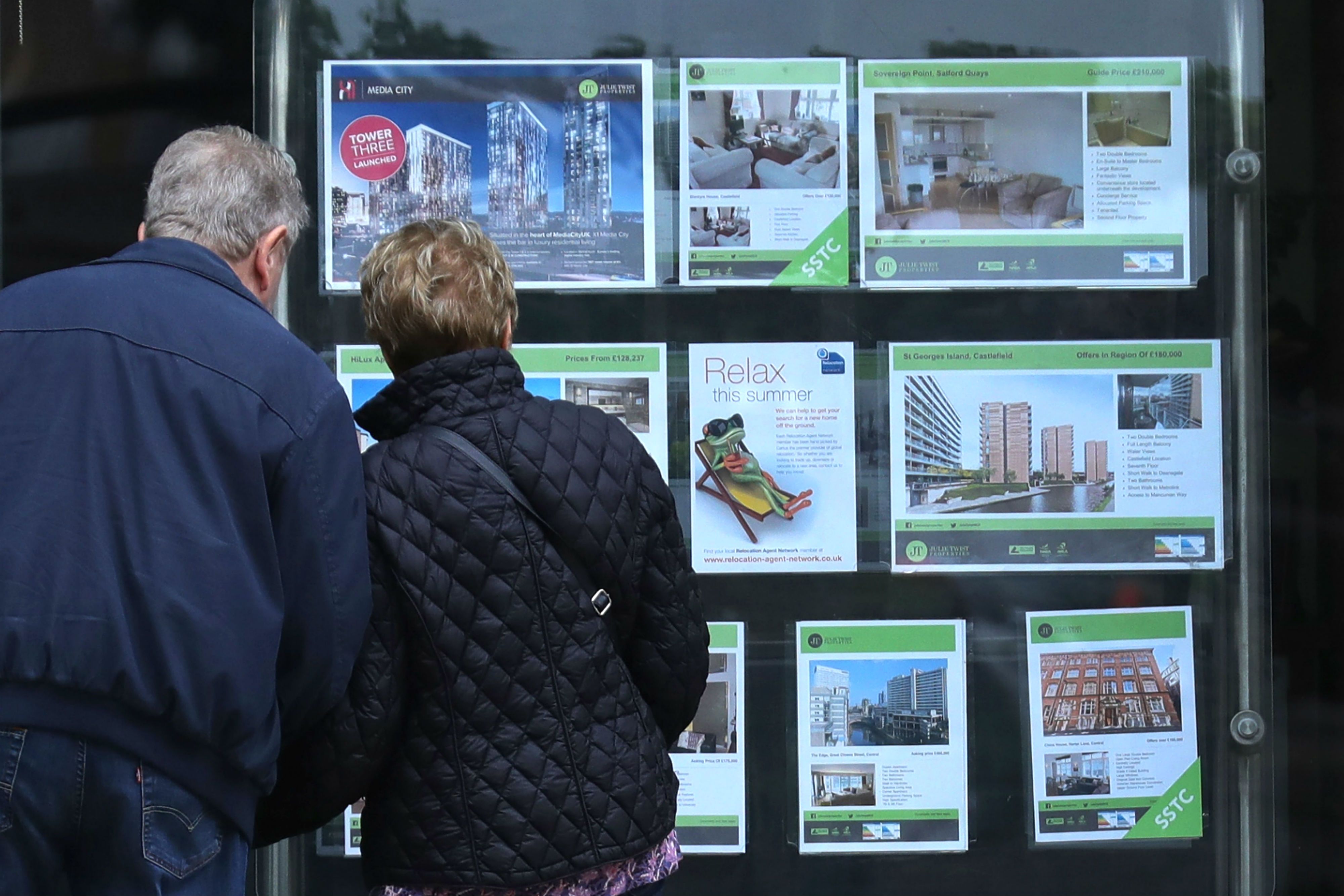
A free daily email with the biggest news stories of the day – and the best features from TheWeek.com
You are now subscribed
Your newsletter sign-up was successful
Parents are giving their children less financial assistance than they used to as the so-called ‘Bank of Mum and Dad’ begins to feel the economic pinch.
According to Legal & General (L&G), the average parental contribution for first time buyers will be £18,000 this year, down 17% from last year’s £21,000.
In total, overall lending is expected to drop to £5.7bn this year from £6.5bn in 2017.
The Week
Escape your echo chamber. Get the facts behind the news, plus analysis from multiple perspectives.

Sign up for The Week's Free Newsletters
From our morning news briefing to a weekly Good News Newsletter, get the best of The Week delivered directly to your inbox.
From our morning news briefing to a weekly Good News Newsletter, get the best of The Week delivered directly to your inbox.
Despite the smaller sums being loaned, L&G said the Bank of Mum and Dad was still "a prime mover" in the UK housing market, with one in four buyers expected to receive financial help from family or friends.
This figure was even higher among under-35s, with three in five getting assistance, with almost half of all buyers in London (41%) expected to receive help from their parents.
L&G chief executive Nigel Wilson warned that even as older people begin to feel “a bit of pinch” the volume of transactions depending on Bank of Mum and Dad funding continues to grow.
He told the BBC is was not “sustainable or fair” for parents and young people to “remain so co-dependent when it comes to housing purchases”.
A free daily email with the biggest news stories of the day – and the best features from TheWeek.com
-
 Tourangelle-style pork with prunes recipe
Tourangelle-style pork with prunes recipeThe Week Recommends This traditional, rustic dish is a French classic
-
 The Epstein files: glimpses of a deeply disturbing world
The Epstein files: glimpses of a deeply disturbing worldIn the Spotlight Trove of released documents paint a picture of depravity and privilege in which men hold the cards, and women are powerless or peripheral
-
 Jeff Bezos: cutting the legs off The Washington Post
Jeff Bezos: cutting the legs off The Washington PostIn the Spotlight A stalwart of American journalism is a shadow of itself after swingeing cuts by its billionaire owner
-
 Would a 50-year mortgage make home ownership attainable?
Would a 50-year mortgage make home ownership attainable?Today's Big Question Trump critics say the proposal is bad policy
-
 Mortgages: The future of Fannie and Freddie
Mortgages: The future of Fannie and FreddieFeature Donald Trump wants to privatize two major mortgage companies, which could make mortgages more expensive
-
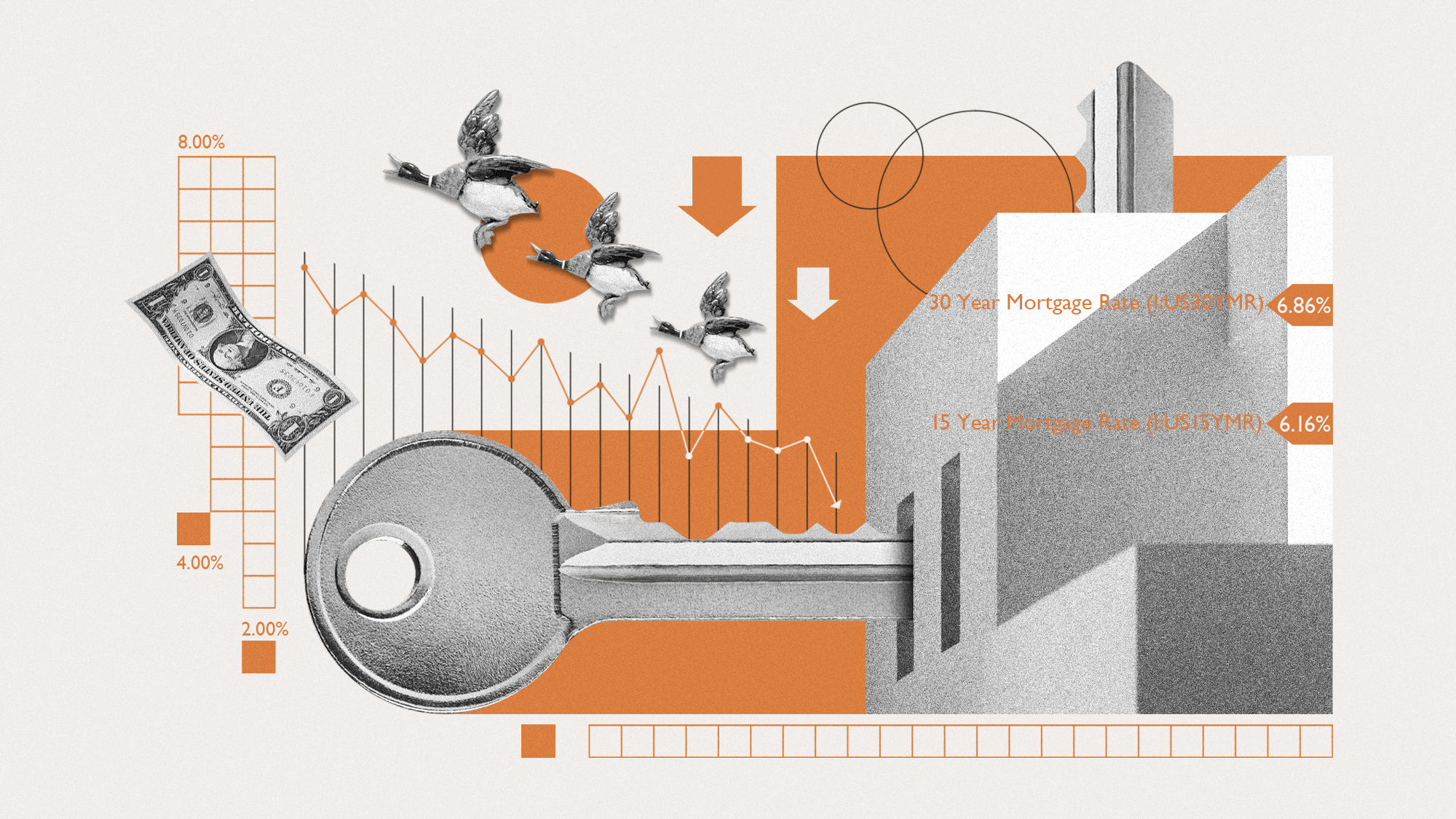 Will the housing slump ever end?
Will the housing slump ever end?Today's Big Question Probably not until mortgage rates come down
-
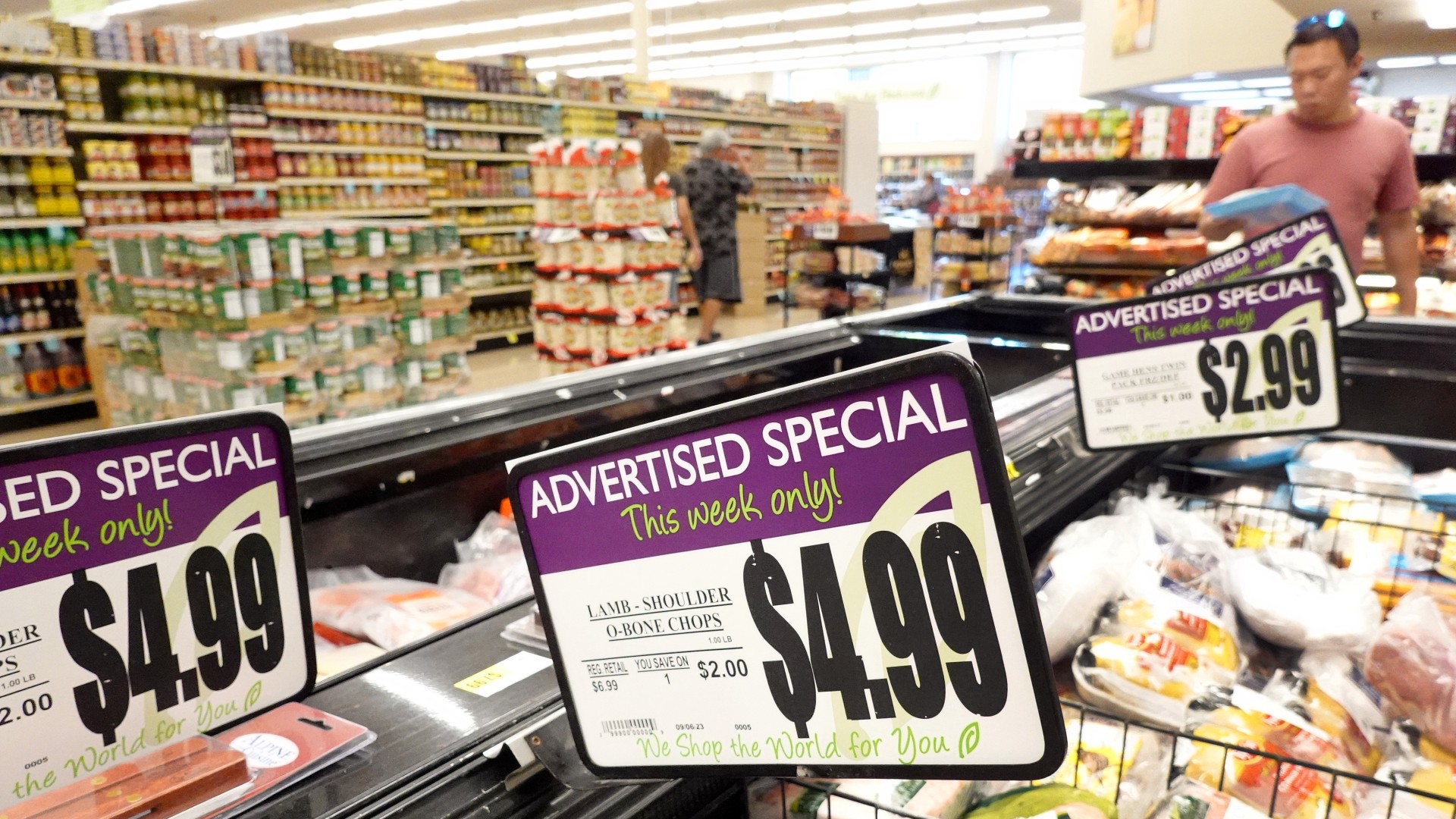 2023: the year of sticker shock
2023: the year of sticker shockThe Explainer Many Americans were down on the economy this year due to problematic prices
-
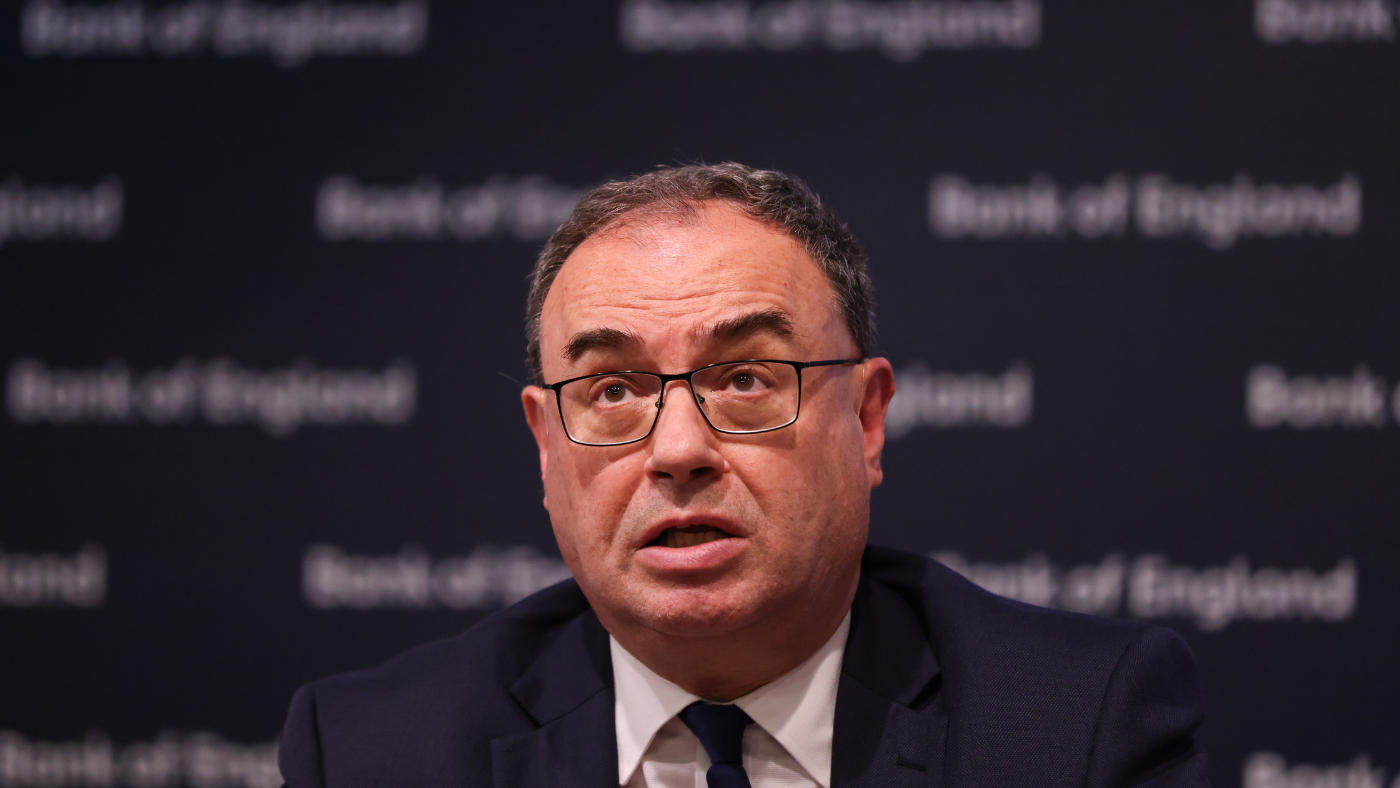 Interest rates: more ‘trauma’ for households
Interest rates: more ‘trauma’ for householdsTalking Point Latest hike will cause ‘plenty of pain for borrowers’
-
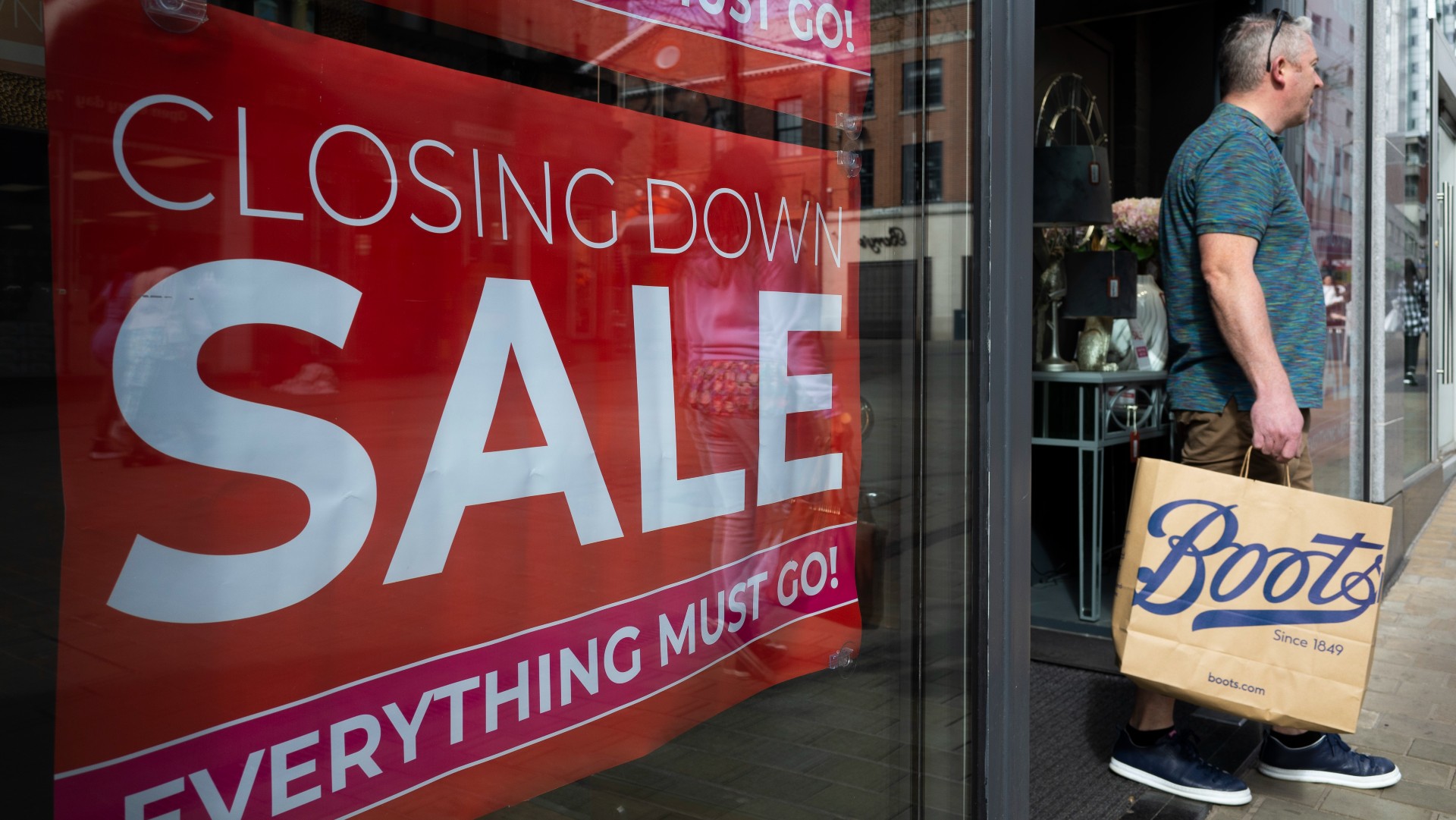 How will recession affect the UK?
How will recession affect the UK?Today's Big Question Inflation set to hit 13% by end of year as UK on course for recession, warns Bank of England
-
 Labour shortages: the ‘most urgent problem’ facing the UK economy right now
Labour shortages: the ‘most urgent problem’ facing the UK economy right nowSpeed Read Britain is currently in the grip of an ‘employment crisis’
-
 Will the energy war hurt Europe more than Russia?
Will the energy war hurt Europe more than Russia?Speed Read European Commission proposes a total ban on Russian oil